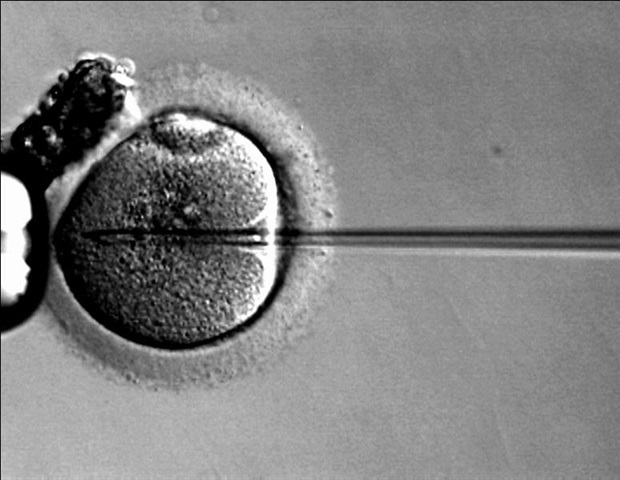Researchers from the Yong Loo Lin School of Medicine, National University of Singapore (NUS Medicine) are working on a therapy that holds potential in treating patients with epilepsy, a neurological disorder defined by recurring seizures due to abnormal brain activity. Led by Research Assistant Professor Huang Hua from the Department of Physiology and Electrophysiology Core Facility at NUS Medicine, they have trialled a novel gene therapy approach for a rare genetic form of epilepsy linked to a mutation in the KCNA2 gene in the human brain, which is associated with recurring seizures. A specialized treatment called a Gapmer antisense oligonucleotide (ASO) is designed to specifically target and break down faulty ribonucleic acids (RNA) while keeping normal gene function intact.
Using this RNA therapy led to a notable decrease in a problematic potassium channel protein encoded in the KCNA2 gene, which helped restore normal potassium flow and reduce excessive neuron activity linked to epilepsy. Asst Prof Huang said, "Epilepsy is associated with hyper-excitable neurons, and potassium helps dampen the excitability levels. The potassium channel encoded by KCNA2 is like a door that controls the potassium ion flow on the surface of the cells-;when the gene is mutated, the door fails to work and potassium cannot be released to control neuron activity, which results in epilepsy.
Our therapy targets the faulty RNA in the gene and 'fixes the door', so that potassium can flow and regulate.


















